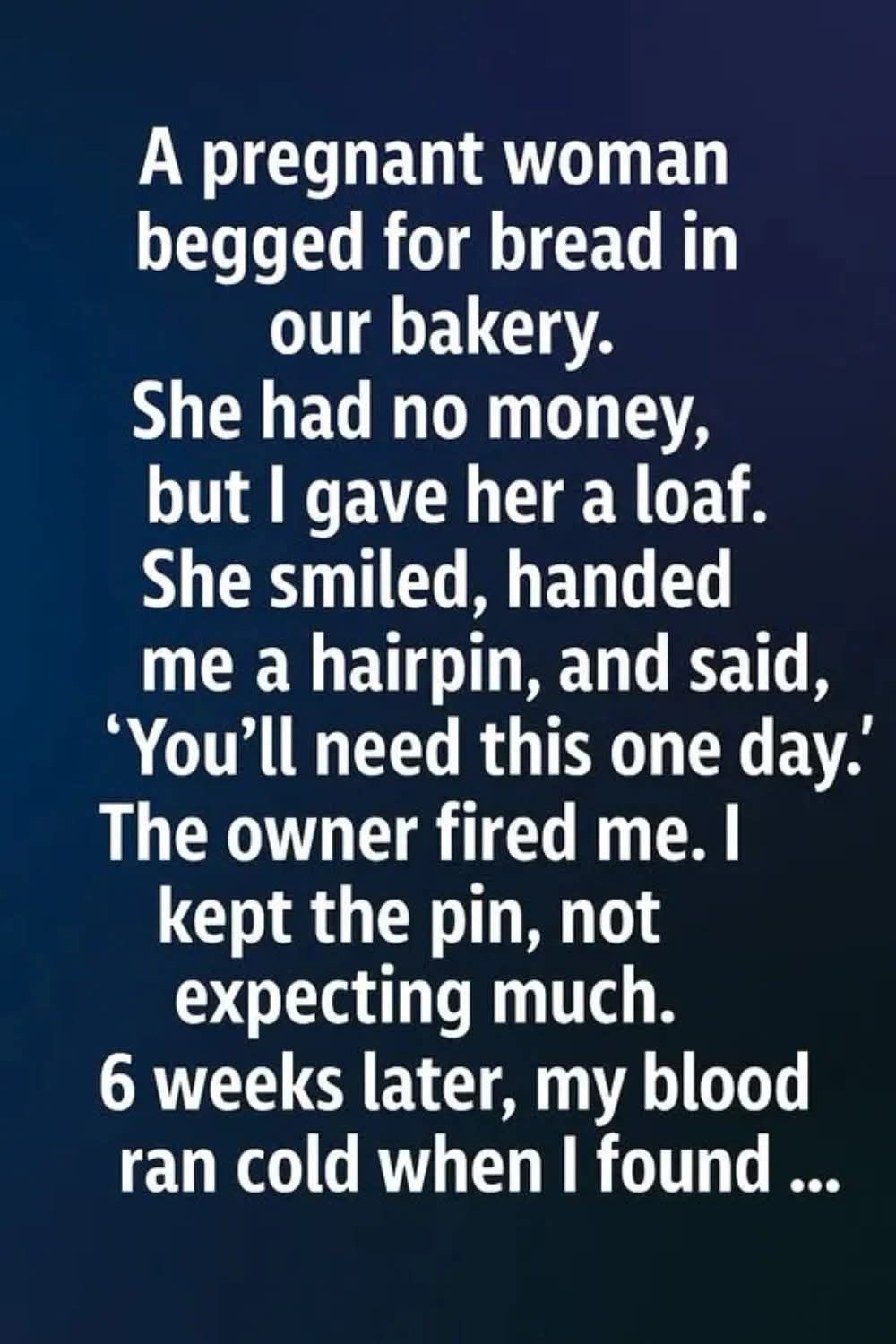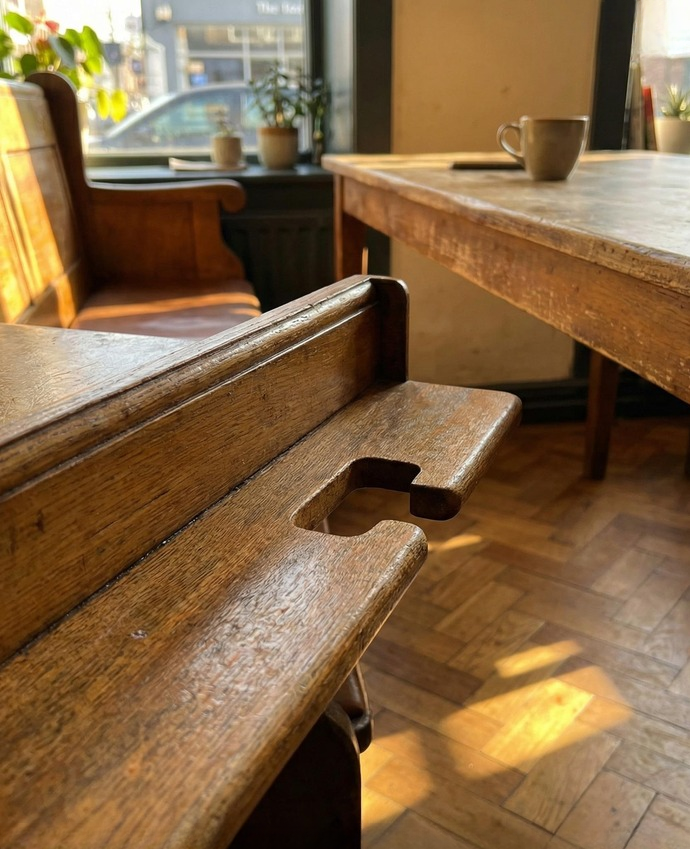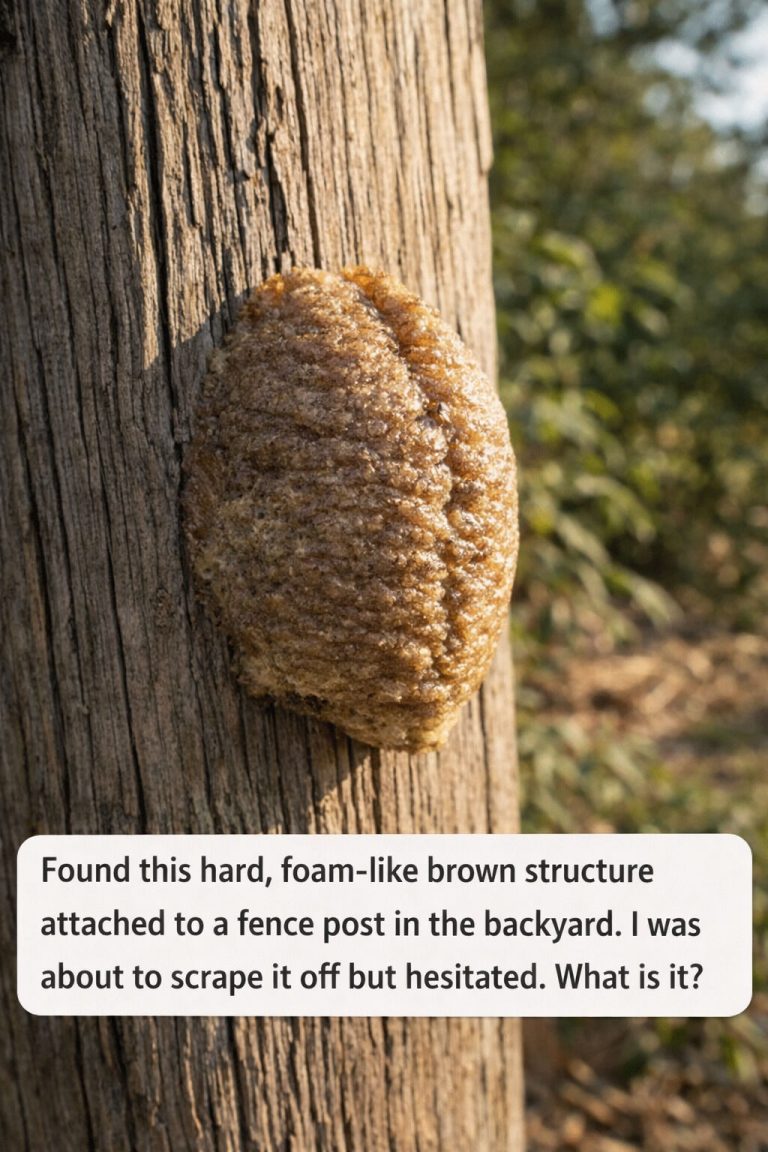
It was a quiet Tuesday morning when she came in — a young woman, visibly pregnant, her face pale and exhausted. The bakery smelled of cinnamon and warm bread, but the moment she walked through the door, the air shifted.
Her clothes were old and damp from the rain, and her eyes carried a weight I couldn’t quite describe. She held her belly as if trying to protect the tiny life inside her.
“Please,” she whispered, her voice trembling. “I just need a loaf of bread. I have no money, but… please.”
I looked around. My boss, Mr. Graham, was in the back room counting the cash register. His rule was simple — no money, no bread. He’d fired people before for breaking it.
But something about her — the way she clutched her stomach, the faint tremor in her hands — I couldn’t say no.
So I quietly slid a loaf from the counter, wrapped it in paper, and handed it to her.
Her eyes filled with tears. “Thank you,” she whispered. Then she reached into her tangled hair, pulled out a simple silver hairpin, and pressed it into my hand.
“You’ll need this one day,” she said softly.
Before I could reply, she turned and left.
A few minutes later, Mr. Graham came out. He noticed the missing loaf instantly.
“Where’s the bread?” he barked.
I hesitated. “A woman came in — she was hungry, pregnant. I couldn’t—”
“Couldn’t follow the rules?” he snapped. “You’re fired.”
My mouth fell open. “You can’t be serious!”
“Pack your things. I won’t have thieves in my shop.”
And just like that, five years of loyal work ended over a single loaf of bread.
That night, I sat in my tiny apartment, staring at the silver hairpin on my table. It wasn’t fancy, just a simple design — but something about it felt strange. There were faint letters engraved on one side, too small to read without a magnifying glass.
I slipped it into a small box and forgot about it — or at least, I tried to.
Six weeks later, I was still unemployed, barely scraping by. My rent was overdue, and my landlord had already given me one final warning.
That morning, I went to the local market to hand out résumés. It was a windy day, and people rushed past, umbrellas twisting in the gusts.
As I walked home, something caught my eye — a car swerving violently across the intersection. The driver had lost control. A mother and her little boy were crossing the street just a few steps away.
Without thinking, I dropped my bag and sprinted forward.
I managed to grab the child and push both of them out of the way, but the car clipped my side. I hit the pavement hard, my vision blurring.
When I woke up, I was in a hospital bed. My leg was bandaged, my head throbbing.
A nurse walked in, smiling gently. “You’re very lucky. The family you saved wants to see you.”
Moments later, the same woman I’d rescued entered — and my heart stopped.
It was her.
The pregnant woman from the bakery.
Only now, she wasn’t pregnant. She held a small baby girl in her arms, wrapped in a pink blanket.
“You,” I whispered, voice cracking. “It’s you…”
She smiled, tears in her eyes. “You saved my son. I thought I’d never get to repay you.”
I blinked in confusion. “Repay me? I just did what anyone would do.”
She reached into her purse and pulled out a small envelope. “You gave me hope when I had nothing. That hairpin I gave you — it belonged to my mother. It wasn’t just a trinket.”
I frowned. “What do you mean?”
“Inside that hairpin,” she said softly, “is a tiny key.”
She sat down beside me and explained everything.
Her late mother had been a jeweler. Before she passed away, she’d hidden a small compartment inside the pin and placed a key inside it — a key to a safe deposit box.
When I got home that evening, curiosity got the better of me. I carefully twisted the end of the pin, and sure enough, a tiny golden key fell out.
Inside the envelope she’d given me was an address — a bank downtown.
I didn’t know what to expect. Maybe it was sentimental, a family heirloom, or maybe I was just chasing a ghost of hope.
But when I arrived at the bank and opened the deposit box, I nearly collapsed.
Inside were bonds, savings documents, and letters — all belonging to her mother, totaling over $180,000.
And tucked among them was a handwritten note:
“To whoever shows kindness when the world turns its back — this belongs to you. My daughter will know who you are when the time comes.”
Tears streamed down my face as I realized what had happened.
The pregnant woman hadn’t just given me a hairpin — she’d given me a chance at life when I thought I had none.
When I met her again later that week, she smiled through her tears. “My mother always said kindness never dies. It just finds its way back home.”
Months passed. I used part of the money to open my own little bakery — one that gave free bread every morning to anyone who couldn’t afford it.
The rest, I invested carefully.
One morning, a young boy came into the shop holding his mother’s hand — the same woman. The little girl, now a toddler, giggled in her arms.
He pointed at the counter. “Mommy, that’s the man who saved us!”
She smiled. “Yes, sweetheart. That’s him.”
I handed him a small loaf of bread. “This one’s on the house.”
He grinned. “Thank you!”
As they walked away, I caught sight of something glinting in the mother’s hair — another silver hairpin, identical to the one she’d once given me.
And for a moment, I could’ve sworn I heard her mother’s voice echo in my mind:
“You’ll need this one day.”
Moral of the Story:
Kindness costs nothing — but it can return to you in ways you’d never imagine. Sometimes, one act of compassion can change not just your life, but the lives of everyone it touches.



